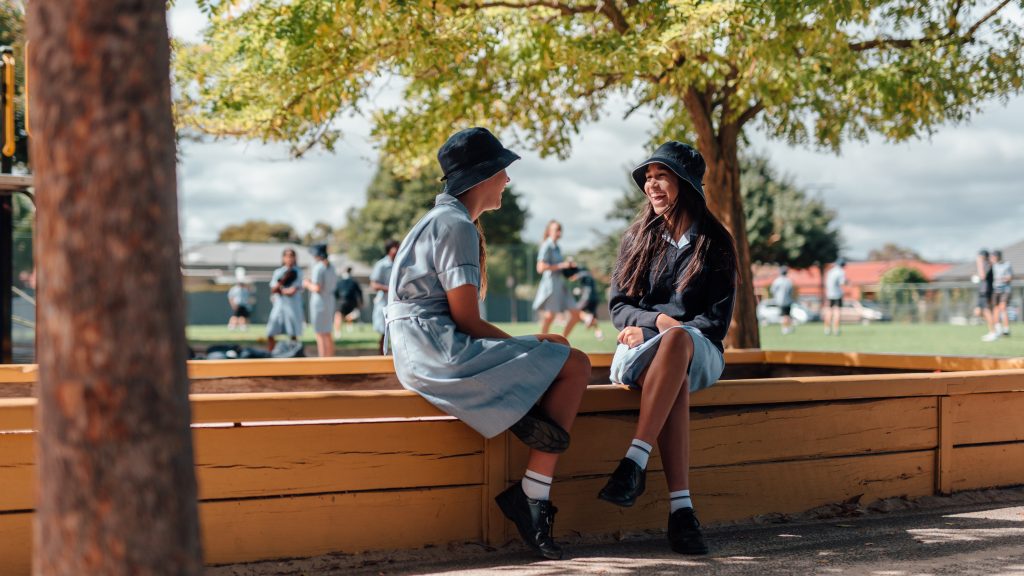Year 12 Subjects – Drama
Level: Year 12
Subject Name: Year 12 Drama
Prerequisites: At least one semester of Year 11 Drama recommended
Assumed knowledge: Year 11 Drama
Course summary
In Drama, students develop their creativity, collaboration, critical thinking and communication skills. They refine their literacy, numeracy, ethical understanding, and intercultural understanding, and develop self-belief and confidence.
In Drama, students engage in learning as practising dramatic artists. They learn to think and act as artists, and to develop as cultural leaders and creative entrepreneurs. They develop their leadership of public discussion by communicating a range of meaningful viewpoints, by refining their aesthetic understanding, and by learning the skills and processes required to present these in innovative and engaging ways.
In Drama, students develop their capacities as critical and creative thinkers, meaningful storytellers, and lifelong learners. They learn highly valuable and transferable life skills, including problem-identifying and problem-solving, collaboration skills, project-work skills, informed risk-taking, creativity and innovation skills, and applied entrepreneurial skills — including maximising viability and sustainability. Through focused practical and theoretical study, and by visualising and making real drama products, students collaborate to create valuable and viable outcomes for audiences, and analyse and evaluate artistic processes and products.
Drama is the art of enriching our understanding of human relationships, from the personal to the global. It engages others through the creation of original connections between presenters, audiences, ideas, and narratives. In Drama, students adopt individual roles from a variety of options within the dramatic fields of theatre and/or screen. They refine their understanding and internalisation of these roles to create innovative dramatic outcomes that reflect the world as it is, and imagine the world as it might be. Drama asks us to question — as individuals, as societies, and as a species — not what we do and how we do it, but also why we choose to think and do things the way we do. In asking these questions and creating dramatic ways of considering these ideas, Drama students develop their unique gifts as creative, informed, wise, productive, and interpersonally skilled artists, leaders, and collaborators.
Course content
Company and Production
Students will explore modern practitioners and create works for the stage and film in a variety of styles. The will undertake a variety of performance, designer and direction roles to build companies and apply dramatic techniques. Students will produce a large Group Performance and a small Company performance.
Exploration and Vision
Students will delve into the technical realms of Drama production and performance culture. Students will compare and contrast works by professional companies, workshops by professional artists and will research the impact of dramatic works on communities. They will reflect on their development as artists and contribute to performance culture in meaningful ways.
Assessments:
The following assessment types enable students to demonstrate their learning in Stage 2 Drama.
School assessment (70%)
- Assessment Type 1: Group Production (40%)
- Assessment Type 2: Evaluation and Creativity (30%)
External assessment (30%)
- Assessment Type 3: Creative Presentation (30%)

